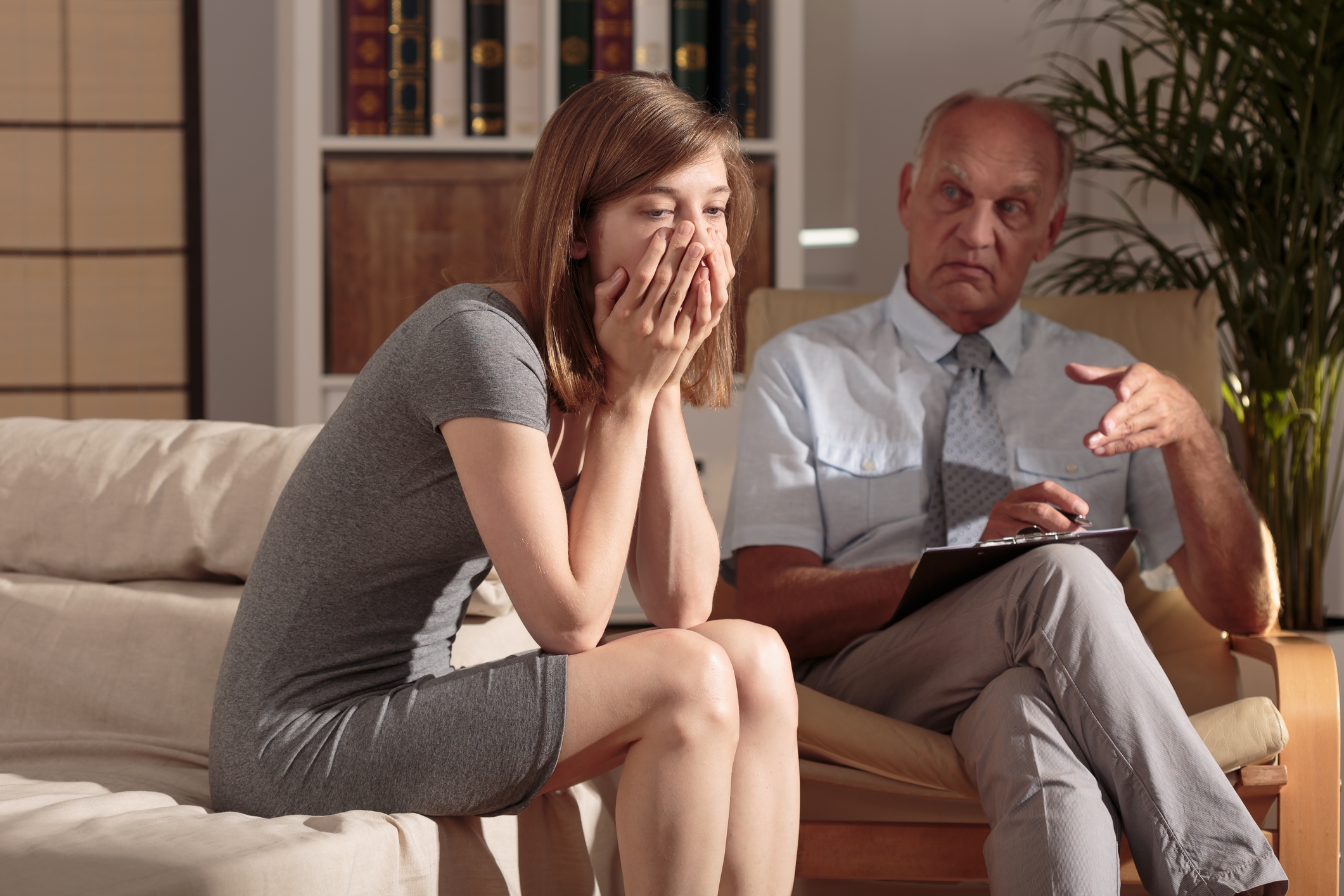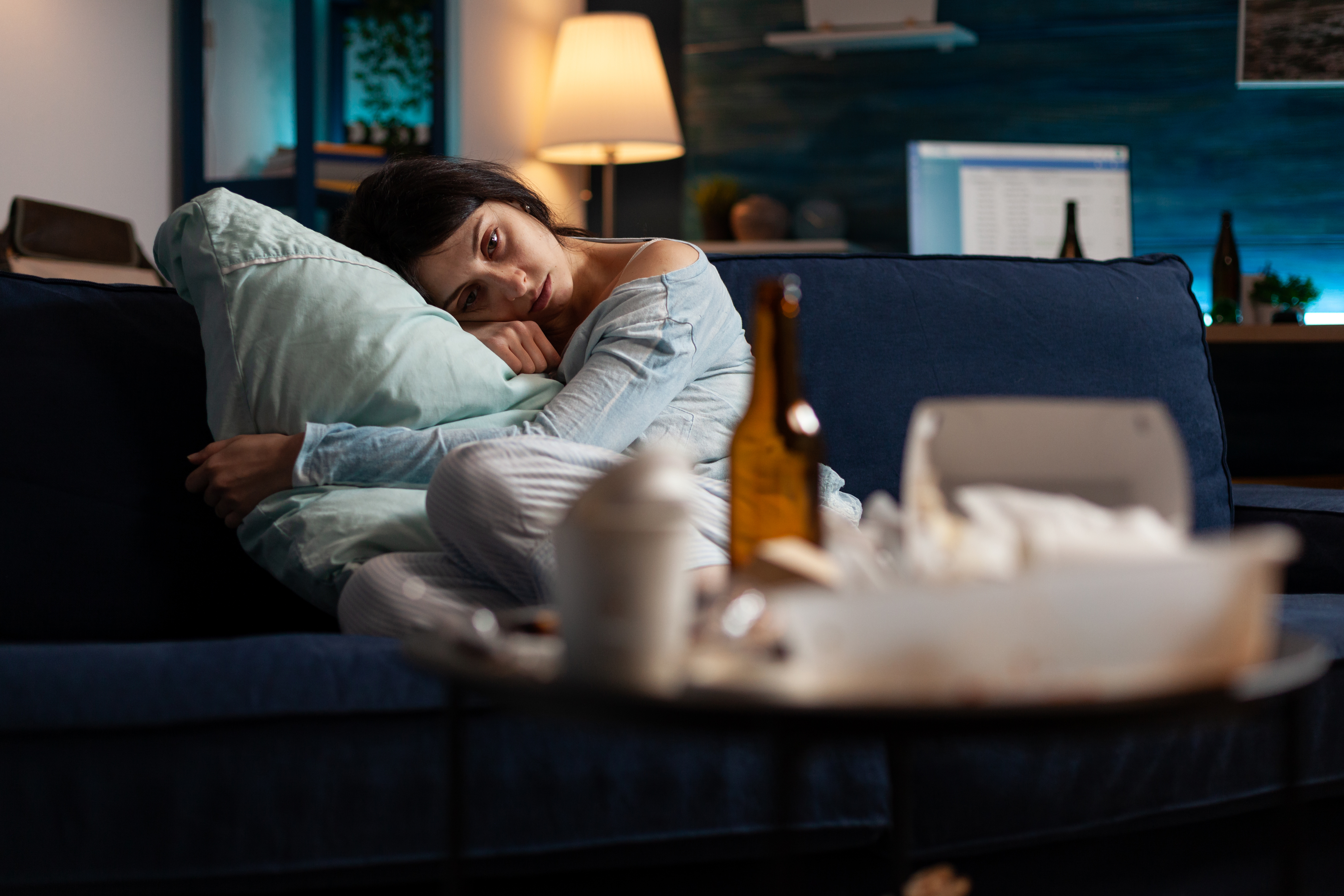Inside Anxiety: Must-Know Facts to Demystify Your Struggle
9. Anxiety and Life Events: When Stress Overwhelms Coping

Significant life events, especially those involving trauma, loss, or prolonged high stress, can be powerful triggers for anxiety disorders. Traumatic experiences like abuse, accidents, or combat can lead to PTSD. Chronic stressors such as job loss, financial instability, serious illness, or relationship breakdown can erode coping resources and sensitize the nervous system, leading to GAD or panic disorder. Even seemingly positive events like moving or starting a new job can be stressful enough to trigger anxiety in vulnerable individuals. The brain learns from these experiences, sometimes overgeneralizing threats and keeping the alarm system on high alert.
10. Anxiety and Co-occurring Disorders: The Unfortunate Companionship

Anxiety rarely travels alone. It frequently co-occurs with other mental health conditions, most commonly depression. This comorbidity can create a complex clinical picture, as symptoms often overlap and can exacerbate each other – anxiety can lead to hopelessness, and depression can fuel worry. Substance use disorders also commonly co-occur, as individuals may use alcohol or drugs to self-medicate anxiety symptoms, leading to a dangerous cycle. Eating disorders and ADHD are other conditions often linked with anxiety. Effective treatment requires addressing all co-occurring conditions simultaneously for the best outcomes.
